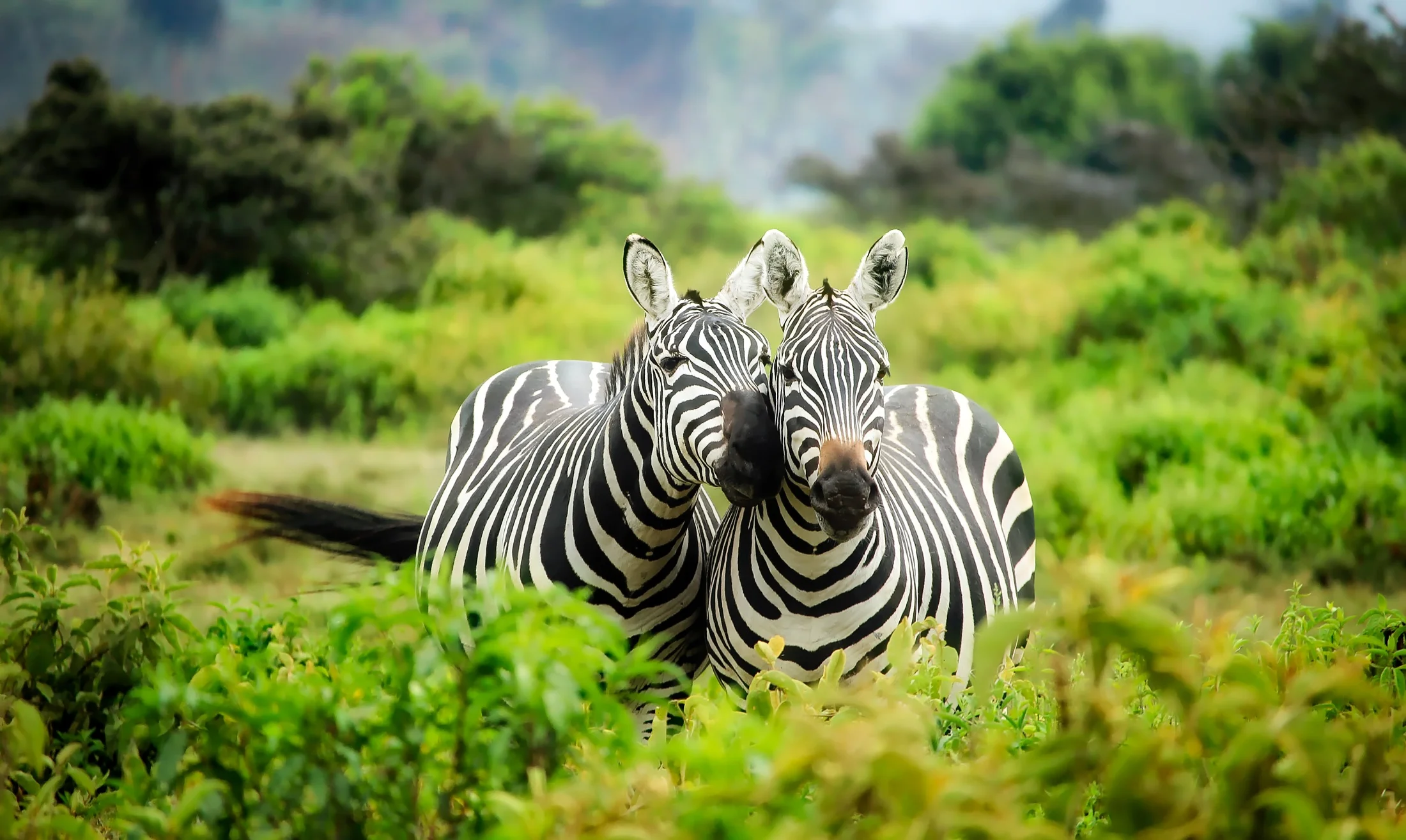About Us
Animal
Issues
Thematic
Cluster
The Animal Issues Thematic Cluster (AITC) is an international group of animal welfare, conservation and other stakeholders coming together to ensure that the care, protection and conservation of animals is included in the United Nations 2030 Global Agenda for Sustainable Development and in the implementation of the 17 Sustainable Development Goals.
We were founded in 2017 by Thinking Animals United as part of the NGO Major Group, one of nine Major Groups part of the Major Group and Other Stakeholders (MGoS) system set up by the United Nations for civil society participation.
We operate as a fully democratic organization, with a functioning Terms of Reference and rotating leadership which is selected by election. We have three co-organizers who provide direction for the activities of the group and our work at the High Level Political Forum (HLPF): Jessica Bridgers (World Animals Net), Dr. Angela Wright (Compassion in World Farming), and Adeline Lerambert (Born Free).
History of the Major Groups and Other Stakeholders (MGoS)
Since the first United Nations Conference on Environment and Development in 1992 - known as the Earth Summit, it was recognized that achieving sustainable development would require the active participation of all sectors of society and all types of people. Agenda 21, adopted at the Earth Summit, drew upon this sentiment and formalized nine sectors of society as the main channels through which broad participation would be facilitated in UN activities related to sustainable development. These are officially called "Major Groups" and include the following sectors:
Women
Children and Youth
Indigenous Peoples
Non-Governmental Organizations
The United Nations Local Authorities
Workers and Trade Unions
Business and Industry
Scientific and Technological Community
Farmers
Two decades after the Earth Summit, the importance of effectively engaging these nine sectors of society was reaffirmed by the Rio+20 Conference. Its outcome document "The Future We Want" highlights the role that Major Groups can play in pursuing sustainable societies for future generations. In addition, governments invited other stakeholders, including local communities, volunteer groups and foundations, migrants and families, as well as older persons and persons with disabilities, to participate in UN processes related to sustainable development, which can be done through close collaboration with the Major Groups.
Major Groups and other stakeholders (MGoS) continue to demonstrate a high level of engagement with intergovernmental processes at the UN. The coordination of their input to intergovernmental processes on sustainable development has been led by UNDESA/Division for Sustainable Development (DSD).
The United Nations Member States ultimately decide upon the modalities of participation of MGoS. Thus, the engagement and participation of MGoS in intergovernmental processes related to sustainable development varies depending on the particular sustainable development topic under discussion.

